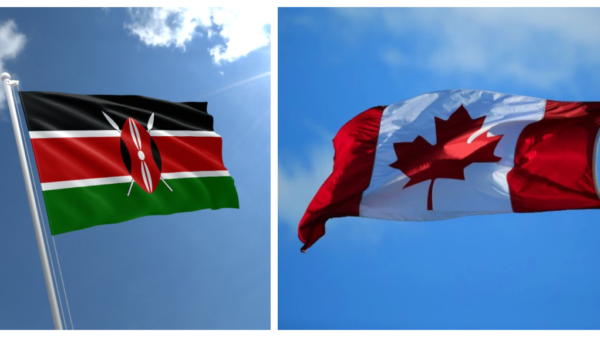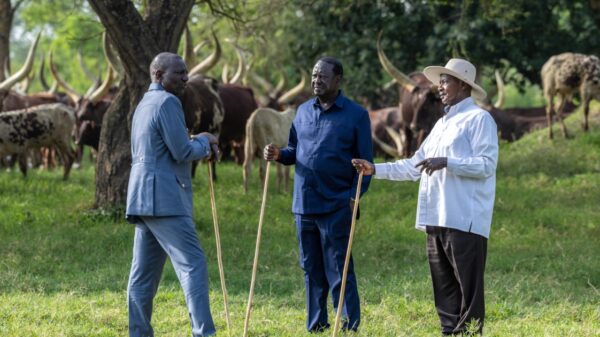- It is essential that the process of understanding and developing financial skills among youth is hastened.
- Research suggests that young people mainly youths, get to value money more when they learn how to save it.
- Saving money is an important building block to financial independence especially to youths as they can more easily take advantage of compound interest. to boost their savings.
Follow us on Facebook and Twitter for real time updates
As the world goes on to face numerous challenges that have economic implications, actors in the global financial system have been called upon to enhance financial inclusion as a means of mitigating the socioeconomic impacts of the ongoing climate change and cost of living dilemmas.
Insecure livelihoods and lifestyles brought about by the sudden rise in the cost of living have also necessitated deliberate savings and investments in long-term projects; hence, financial resilience has become an indispensable element of post-climate change recovery, especially among young people.
In Kenya, savings cultures and attitudes towards money have been far from vigorous and tend to be much impacted by political events, economic rotations and other superficial factors, over and above the disorders occasioned by the Climate change catastrophe.
The youth aged 35 and below, who constitute the greater percentage of the country’s population, are more often than not among the hardest hit by financial challenges such as unemployment and lack of investments.
Some of these conditions open up opportunities for predatory lenders and other hazardous behaviors such as gambling. As such, players in the financial sector across the globe continually generate programs and campaigns targeting the youth in bid to improve their financial literacy.
One such program is the Global Money Week marked annually in March and which has greatly echoed the necessity to put sustainable finance at the heart of our decisions.
This is critical today, especially among young people who are steered by immediate consumption habits and are therefore increasingly faced with indebtedness.
Also Given the much modernization that the current generation has undergone, imbuing a savings culture so far, pertains calling for an introspective look at how they can organize their incomes and expenses rather with more understanding that it will profit their future.
This type of situation is solely examined in an EFG Hermes report, which shines a spotlight on this demographic as a contributing facet to Kenya’s impoverished saving culture rated at 12 per cent, way below Africa’s average of 17 per cent.
The report notes that most young people tend to duplicate luxurious lifestyles in the west and hence have high spending leverage. This has led to a crisis where most young Kenyans have restricted chances to save money and make investments for their future.
For a population that is at the centre of the country’s transformation in achieving socioeconomic development, it spells bad news considering that they are supposed to be key players in propelling economic expansion.
The situation is dire for youth-specific groups such as women, persons with disabilities and those from low-income backgrounds who face more obstacles when trying to access information on how to make good savings.
Research suggests that young children value money more when they learn how to save it. In countries like Australia and New Zealand, where compulsory financial education has been part of the curriculum for several years, savings rates among children and young people have increased which points to a need for greater awareness regarding saving habits among these groups.
Today’s young and highly innovative digital generation is one that will certainly revolutionize how we work, play, learn, communicate and conduct commerce. For this, It is critical that we accelerate the process of learning and acquiring financial skills from a young age, to secure our individual futures and contribute to a stable future for our country.




























